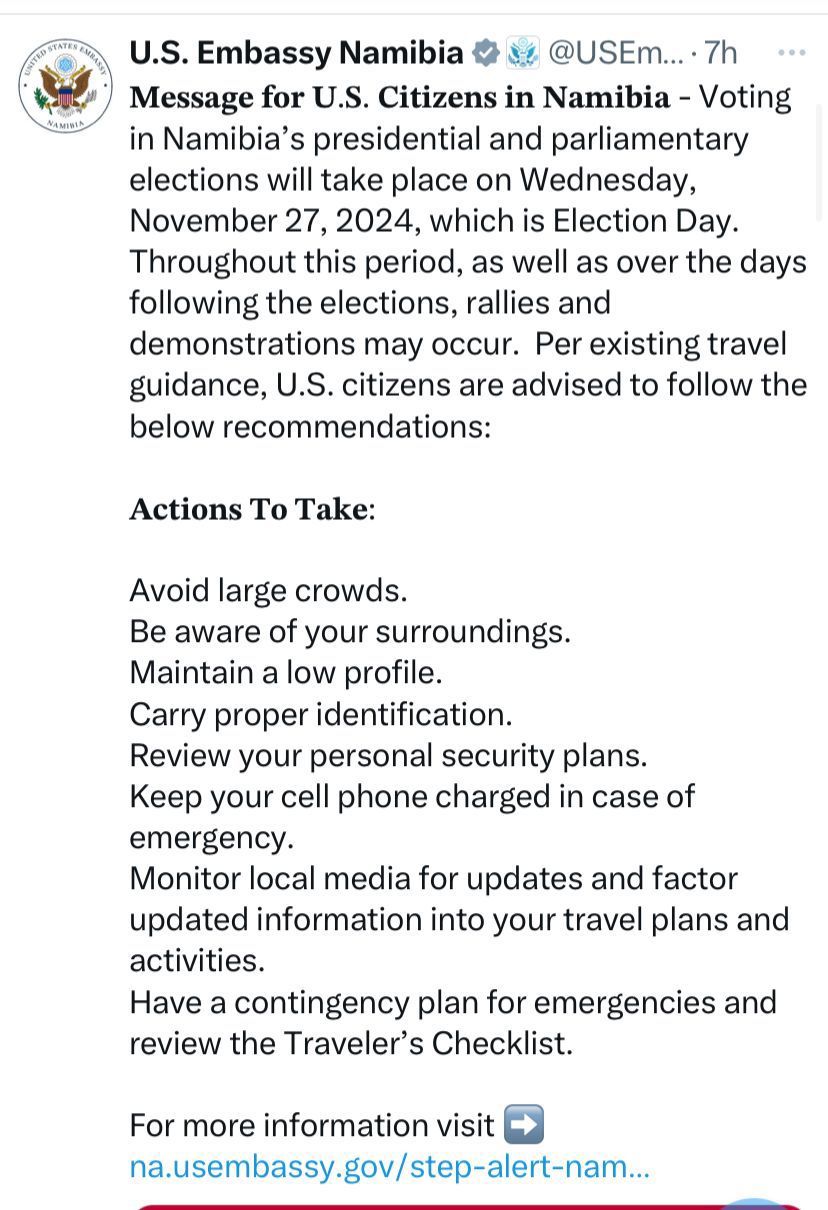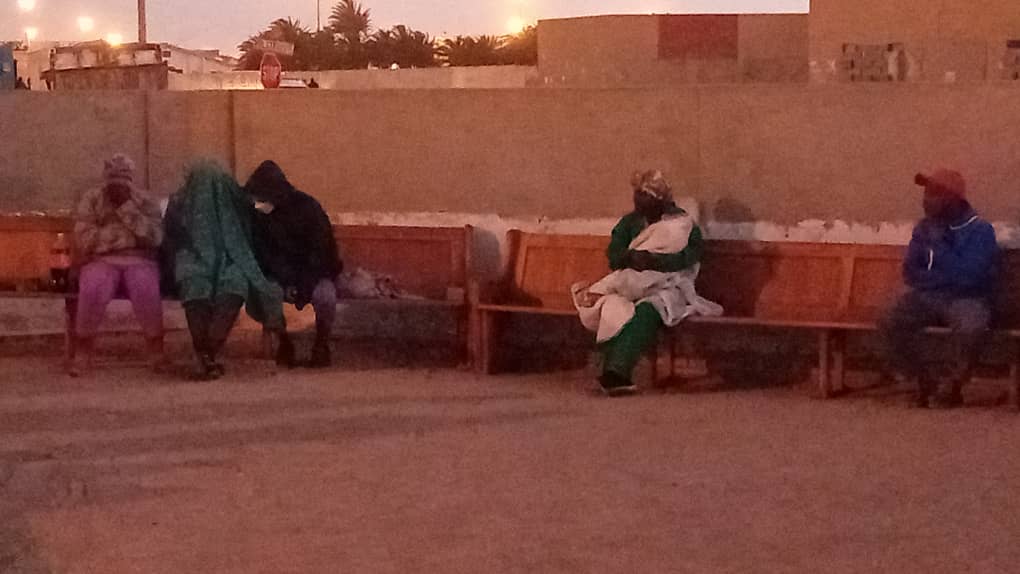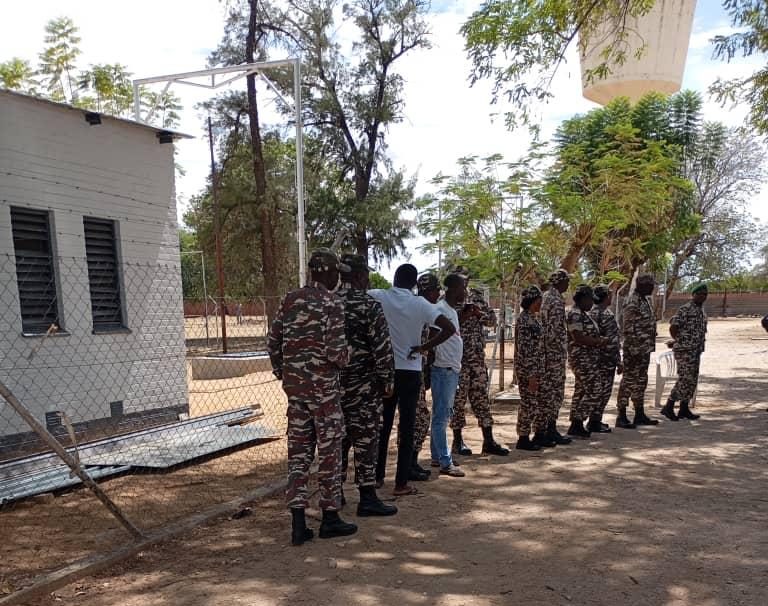The heart-wrenching reality of a parent being unable to provide food for their children is a situation no compassionate person would wish upon anyone.
Yet, in Namibia, which is blessed with abundant natural resources, this is a stark and painful truth. It is a national shame that must be addressed.
Gobabis alone reported that 45 children under the age of five died from hunger-related causes in the first six months of this year.
According to the government’s 2023/24 Livelihood Vulnerability Assessment and Analysis, a staggering 695 000 people in Namibia are expected to face severe food shortages by March 2024.
The report reveals that between July and September, 579 000 Namibians were grappling with acute food insecurity. Food insecurity is bureaucratic parlance for shortage of food and lack of nutrition.
The primary drivers of Namibia’s deteriorating food security include drought, price shocks, economic decline and unemployment.
Prime minister Saara Kuugongelwa-Amadhila has called on citizens, businesses and development partners to join the government in addressing the drought crisis.
The government has pledged N$892 million in drought relief. However, this appears to be more of a short-term reaction to a recurring crisis, with food distribution and support often becoming tools of political campaigns.
One undeniable factor is income inequality. A small percentage of the population wields disproportionate control over the nation’s wealth, creating an access barrier to nutritious food for the most vulnerable Namibians.
Land reform, ideally a cornerstone of improved food security by empowering communities to grow food, remains marred by greed and cronyism.
It’s no secret that an elite few, often with close ties to the government, benefit from land reform initiatives more than the people most in need.
Shockingly, five years after the second national land conference, only 25 of the 169 resolutions have been fully implemented.
Corruption scandals like Fishrot are glaring reminders that a select few continue to hoard public resources while the majority suffers.
Namibia is at a crossroads. We need to collectively address the systemic issues of income inequality, land reform and corruption.
It is time to ensure that no Namibian goes to bed hungry, that no child suffers from malnutrition, and that our nation’s potential is truly harnessed for the benefit of all.
Hunger in Namibia must become a chapter of the past, not a continuing tragedy.
• This piece was edited with the help of ChatGPT. Request the original version from editor@namibian.com.na for a taste of artificial intelligence.
Stay informed with The Namibian – your source for credible journalism. Get in-depth reporting and opinions for
only N$85 a month. Invest in journalism, invest in democracy –
Subscribe Now!






